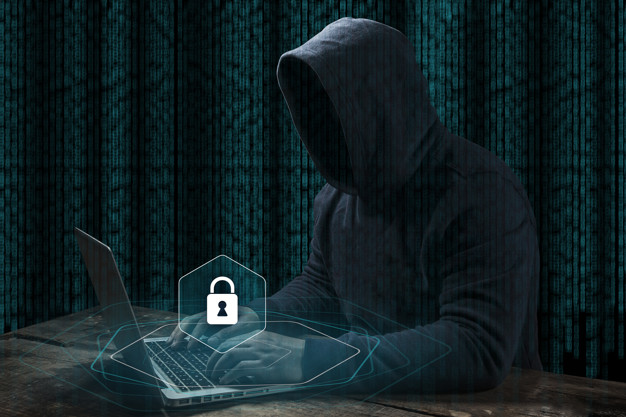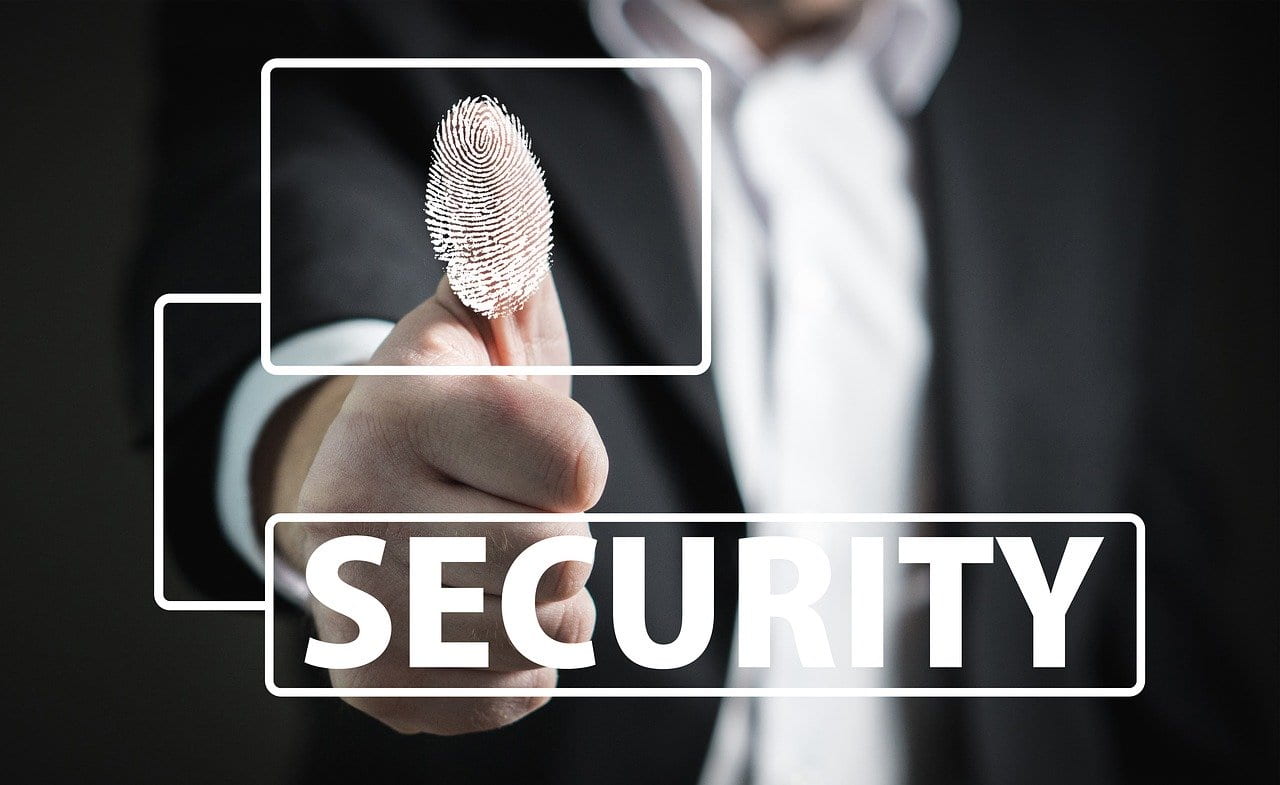
Whether you’re self-employed or can work from home as part of your agreement with your employer, it’s vital to protect the business office secure information that flows to and from your home office each day.
While many people think cybercriminals only target business operations, not homes, the fact is that anyone with a computer is at risk these days. It doesn’t take too much to reduce the risk of having your systems crashed, data stolen, or information being held to ransom, though. Follow these steps to keep hackers at bay.
Use Security Software and Firewalls
Firstly, it’s necessary to use products that protect your computers from being authorized by others without your consent. Install quality antivirus security that covers you against a wide variety of threats, including various types of viruses, spam, spyware, ransomware, and other malware. The product you use should keep your privacy intact when you browse online, prevent phishing emails, and provide you with real-time alerts if your systems are compromised.
Also, make use of the firewall that’s likely already installed on your computer. Firewalls provide an extra level of protection against outside threats, especially those coming in via your internet connection. Most manufacturers install them on devices automatically these days, so you shouldn’t have to buy a third-party product. However, do check the settings on your machine, as your firewall may still need to be activated so it can do its job.
Complete Regular Updates
Computer users need to keep the software and firmware on their devices updated. As soon as new versions of programs become available, such as those on operating systems, browsers, security software, apps, games, plugins, and the like, download them and get up to date. Do the same with the software on tech gear like modems and printers/scanners.
The reason for completing regular updates is that developers keep an eye out for any gaps in the security of their products that hackers could take advantage of to get into systems. When they spot such holes, software creators plug them by making changes to the code and releasing updates. As such, if you’re running old versions of tech, you’re not as protected as you could be.
Choose Adequate Passwords

Another tip to keep hackers at bay is to protect all your systems, including those of your computers, account logins, Wi-Fi router, etc., with adequate passwords. Cybercriminals know to try often-used codes like “password” and “123456” straight away, so avoid these at all costs. Also be wary of using information you share publicly (like your birth date, email address, or the names of your children, pets, or partner) as the basis for your passwords.
Secure codes need to be at least eight characters in length and made up of a mixture of numbers, upper-case and lower-case letters, and symbols. Change your passwords every few months, too, for extra protection.
Limit the Number of Tech Users
Many people who work from home have their systems compromised because too many people have access to their gear. Avoid this situation by limiting, as much as possible, the number of users of your computers. It’s best to be the only one using your work devices, and have a separate computer for your children and other family members to use.
Since many kids don’t know all the necessary security protocols to avoid hacker attacks, they’re more likely to make your information vulnerable to outside eyes. If your work involves particularly sensitive and valuable data, think about physically securing your gadgets by keeping your office locked when you’re not there, and shredding any printouts that might contain details people could use to hack into your networks or accounts.
Back-Up Your Work
Ransomware – a particular type of cybercriminal attack where information or access to a system is held for ransom – has increased significantly in recent years. To mitigate your risk of being affected by an attack like this, back up your work daily. Backup to external hard drives or cloud storage systems unconnected to your local drives.
By backing up your information regularly, you always have a copy of your work held offsite. If you do ever find yourself dealing with a ransomware attack, you won’t have to pay any money or handle downtime where you don’t have access to the material; you’ll have it on hand elsewhere.
Working from home is a big perk of being self-employed or having flexible employers, but it does mean you don’t have IT tech teams on hand to keep cybercriminals from accessing your information and stealing data. Provided you follow the above strategies, though, and are smart in how you go about your work in this digital world, you shouldn’t have too many issues to stress about.
Read Also:






